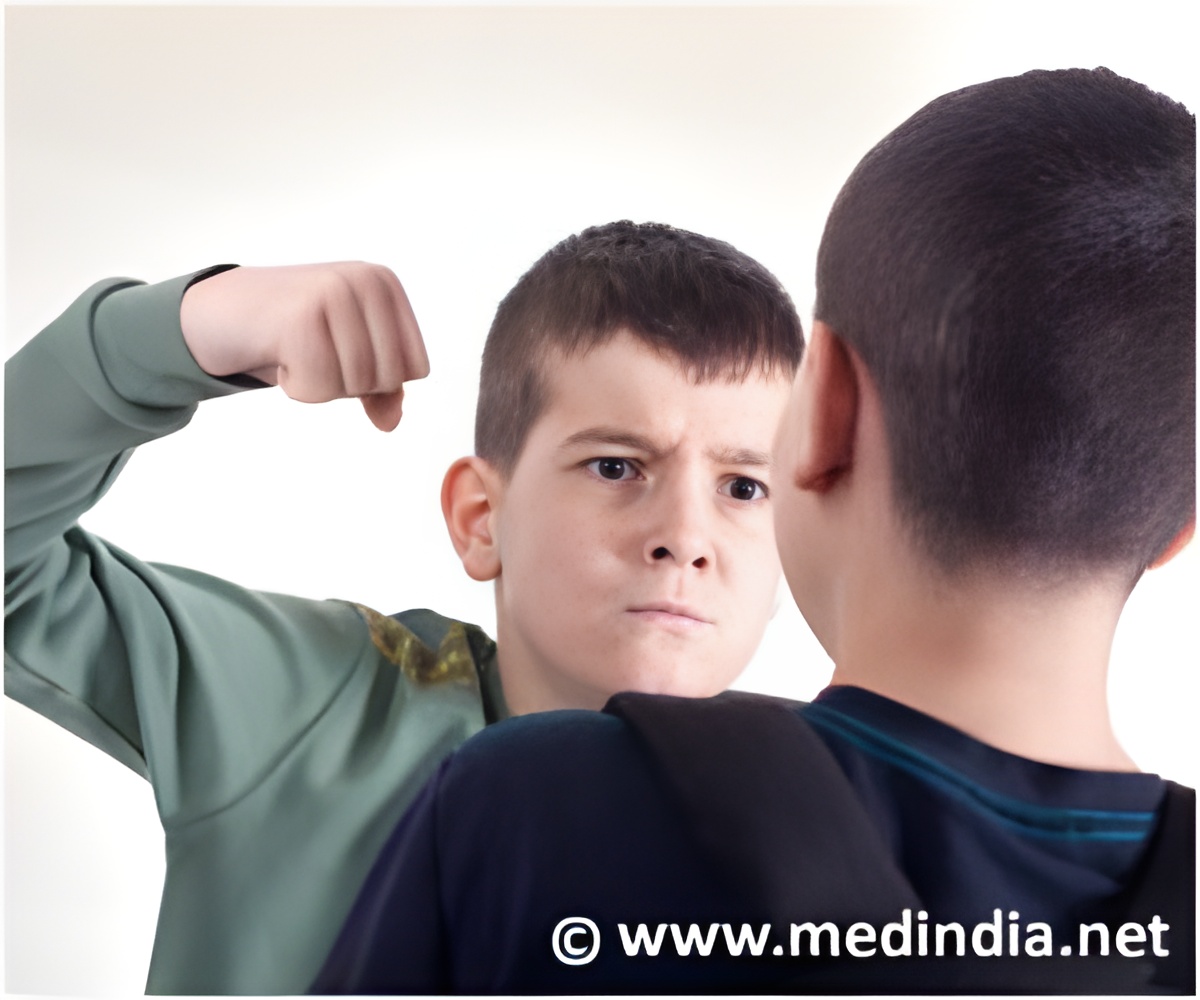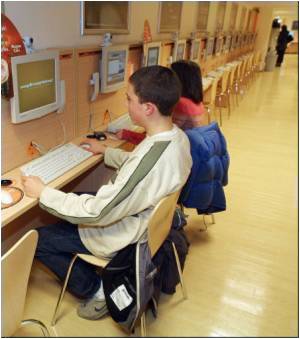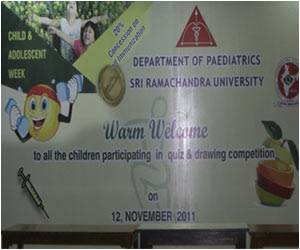Frequent victimization by peers aggravates the chances of inflicting self harm in children.The school and healthcare professionals should devise programs to help children combat self harm tendencies.

Helen Fisher et al conducted a longitudinal cohort study that was published in the British Medical Journal 2012, to analyze the influence of bullying victimization on the probability of developing self harming tendency in early adolescence and to recognize what type of bullied children were prone to self harm.
In this cohort study about 1116 pairs of twins (2232 children) born in 1994-95 were taken into account.
These children belonged to England and Wales and were being frequently bullied. They were more liable to self harm by the age of 12 years.
Emotional and behavioral problems, family history of completed or attempted suicide, physical maltreatment by adults, and child abuse or self-harm tendency in family are the significant factors that aggravate the threat of self harm in bullied children, according to the study results.
Helen L. Fisher, the lead author and Ph.D from the the MRC Social, Genetic, and Developmental Psychiatry Center at the Institute of Psychiatry at King's College London, United Kingdom (UK), mentioned, "That bullying is linked to negative outcomes for the victims will surprise very few people. But we were saddened to find that children as young as 12.are around three times more likely to hurt themselves than children who were not victimized. "
She highlighted that the relationship between self harm and bullying existed even when one of the twin were bullied while other was not. This clearly rules out the impact of other factors such as family life and parents.
The experts were of the opinion that further efforts are required to help children in coping with the emotional trauma sustained from bullying. Family adversity increases this risk potentially.
The researchers stated, "This will require schools and health professionals who come into contact with bullied children to assess these indicators of concern and also to ascertain whether the help a child has is sufficient."
Reference:
Bullying victimisation and risk of self harm in early adolescence: longitudinal cohort study; Helen Fisher et al; BMJ 2012;344:e2683
Source-Medindia








